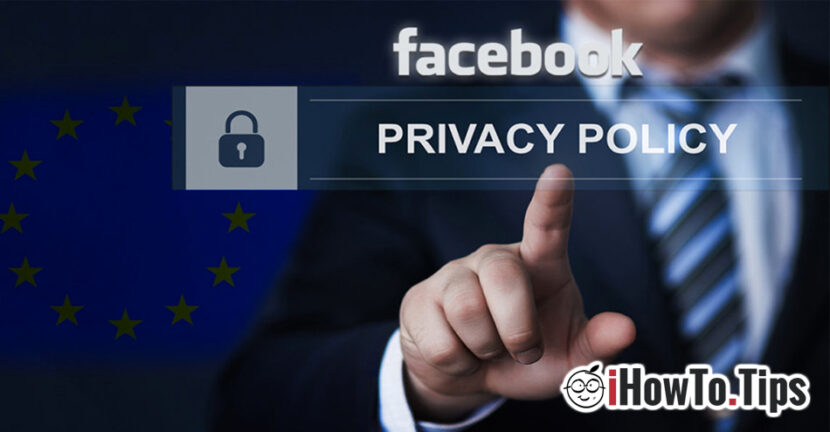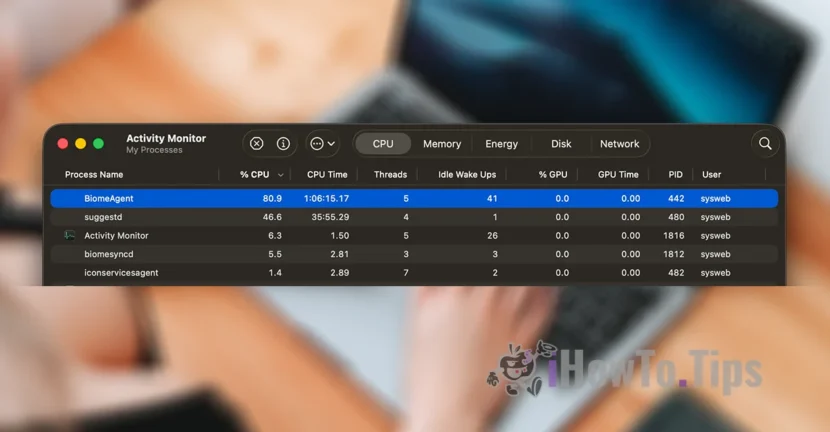There are many users of Facebook who found themselves at a time of personal accounts suspended on the grounds I don't use a real name. The procedure to unblock a Facebook account suspended It is relatively simple, but it involves sending a personal document to prove the name. Driver's license, ID card (CI) or another government document in which a picture and a name appear, in order to be identified. Facebook says these documents are deleted as soon as the verification is completed, but ... who can guarantee this?
After sending this data, the name of the Facebook profile automatically changed you by a representative of the social network, without the user being able to change it. Suppose that if this name will be changed following a marriage or divorce, Facebook will be able to reach an official document again to make the name of the name change.
You can’t update your name right now because your name was changed by a Facebook representative.
Facebook is the first world-sized social network that imposed this policy by which users forces the real names instead of pseudonyms, nicknames and nicknames. We do not say that it is a bad thing, but we must also take into account the fact that users are entitled to data confidentiality, and the registration process even involves entering real data, the freedom to choose what names to use on the social network should be for the user's free choice.
A court Berlin Regional Court (The Regianal Court of Berlin) has decided that the policy by which Facebook forces users to use the names and real personal data on the social network is illegal. It was not difficult for them to reach this decision, because in Germany there is a law given 10 years ago, by which users are allowed to use pessudonyms on social networks.
The decision of the German court was given last month, but only now was the publicity and detailed by Federation of German Consumer (VZBV in abbreviation).
The Facebook company will challenge this decision of the German court, but said that it will change its "pillar of confidentiality" to agree with the new rules that will be imposed in it printed by the European Union starting with June this year (2018).
We work hard to ensure that our guidelines are clear and understandable and that the services offered by Facebook are in full accordance with the law
- declared a representative of Facebook
According to VZBV, the court found that the obligation imposed by Facebook to use the real name on the social network is "a hidden way", The purpose being to obtain as much confidential data from the users. In addition, the way these checks are made would not be in accordance with the laws regarding the co -founder of personal information.
In defense, Facebook replied that access to the social network is free and that it is the user's freedom to register or not. In reply, VZBV said that The users "pay" this access to the social network with the personal data prorps.
And VZBV, they are right. In the opinion of several organizations, Each user who is registering for free on Facebook, should receive a remuneration. The amount from the advertising that Facebook sells to companies. It sounds a little weird, but Facebook without users would be a contentless social network. From the texts in the statuses, photos, video content and to sharing locations, reviews and many other content of this kind, are used by Facebook for commercial purposes. Even the personal data of the users play an important role in the Facebook advertising network.
A simple scenario in this regard. A company that wants to promote its services through advertisements on Facebook, can choose a very well-defined target audience, based on the information that Facebook has collected from users. I can choose that advertisements appear only for users from a certain geographical area (cities, countries, continent), they can choose connoisseur users of certain foreign languages, they can choose that the advertisement will be displayed for certain age segments. All these filters are possible only on the basis of confidential information that Facebook requests from users.
Returning to the decision of the VZBV court, it is unlikely that it has effects in the next period. The decision is not final, and both parties intend to appeal.
However, there is hope that starting with the month of this year, the European Union will enroll the policy of collecting and processing personal data by websites, online stores, social networks, portals and other online entities.








